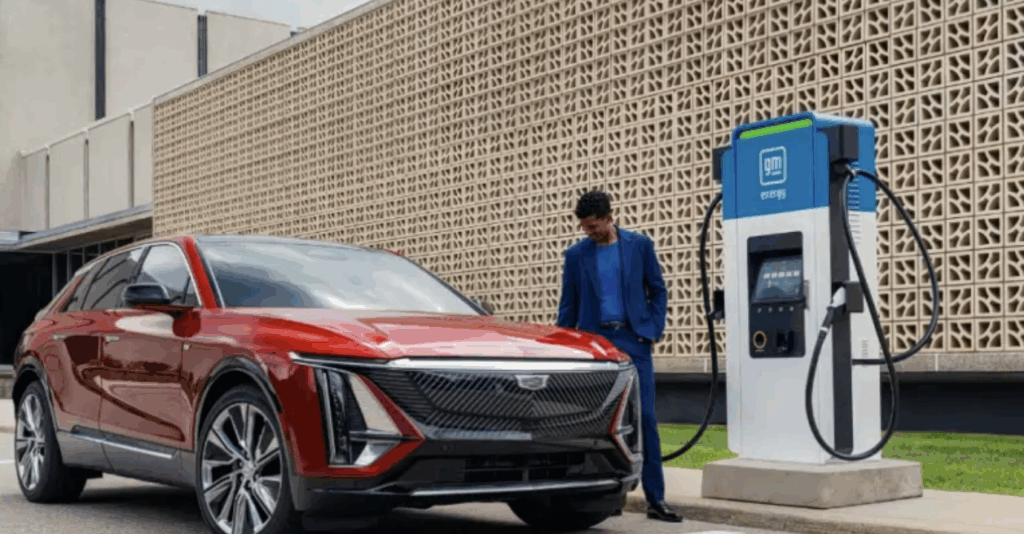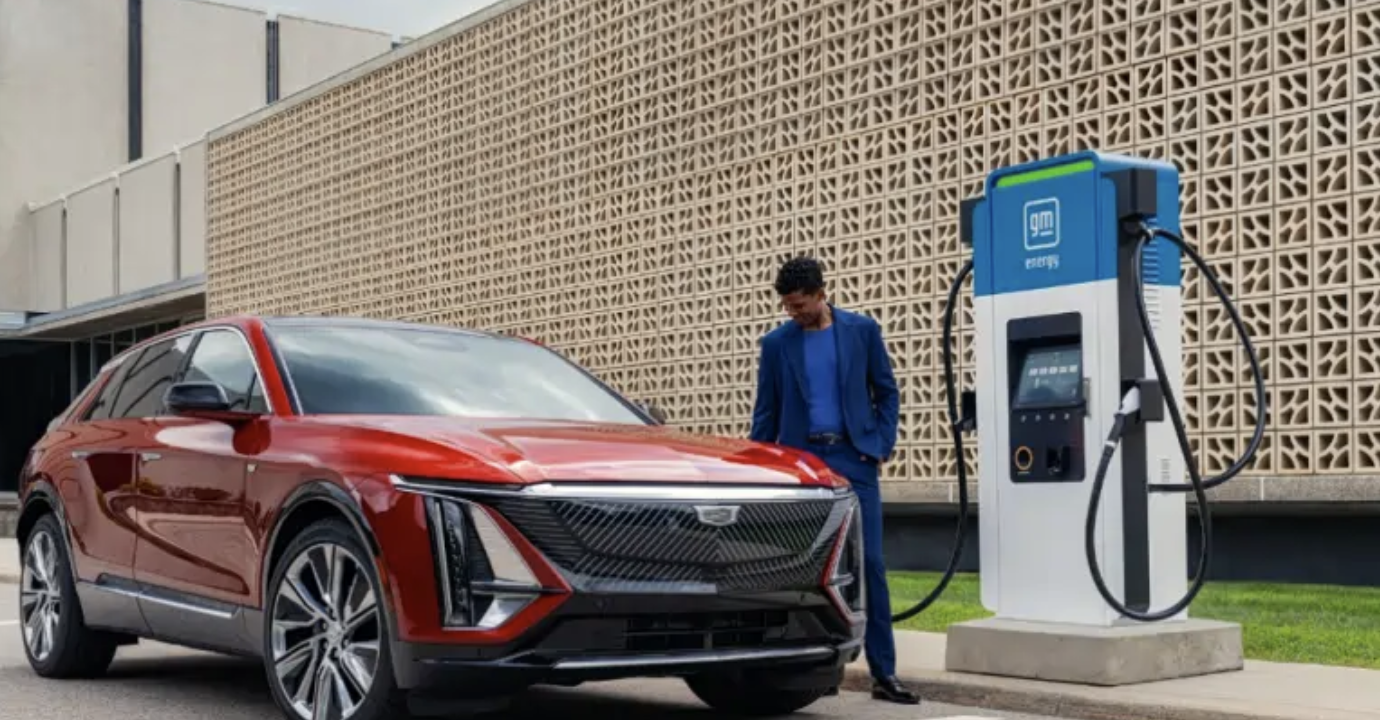According to recent media reports, General Motors (GM) announced a $1.6 billion charge related to scaling back its electric vehicle (EV) production plans. The move underscores how the declining support from the U.S. federal government for plug-in EVs has begun to impact American automakers.
In a regulatory filing on October 14, GM stated that non-cash impairments and other costs associated with EV capacity adjustments amounted to $1.2 billion. The remaining expenses are linked to the termination of contracts related to EV investments and commercial settlements, which will have a cash impact.

GM also warned that its ongoing reassessment of EV production capacity may lead to additional charges in the coming quarters, potentially hurting financial performance. Before regular trading began on the New York Stock Exchange, GM’s shares fell 3.3%.
The uncertainty in the U.S. auto market stems largely from President Donald Trump’s policies, prompting major automakers to rethink their EV investments and production plans. In late September, the Trump administration ended the federal EV tax credit program and rolled back fuel economy and emissions standards, making it more profitable for carmakers to focus on gasoline vehicles while reducing EV output.
GM stated in its filing:
“With recent policy changes by the U.S. government — including the termination of certain consumer tax incentives for EV purchases and the relaxation of emissions standards — we expect the adoption rate of electric vehicles in the U.S. to slow down.”
As of October 13, GM’s share price had risen 4.4% year-to-date, trailing the S&P 500’s 13% gain.
In September, GM announced that it would restart production of the Chevrolet Bolt EV in December at its Kansas plant, but only under a single-shift schedule, down from the previously planned two shifts. The company also plans a temporary shutdown in December of its Tennessee plant, which builds the Cadillac Lyriq and Vistiq electric models. From January to May next year, that plant will also reduce production to a single shift. GM said these steps reflect strategic production adjustments based on slower EV market growth and lower consumer demand expectations in the U.S.
GM’s actions mirror those of rival Ford Motor Company, which has delayed or canceled several plug-in EV projects and redirected funds away from its loss-making EV division. Last year, Ford incurred a $1.9 billion loss after scrapping plans for an electric SUV.
Since then, the outlook for the U.S. EV industry has grown increasingly uncertain. In September, Ford CEO Jim Farley remarked that Trump’s policies are shifting consumers back toward gasoline vehicles, suggesting that the U.S. EV market will be “much smaller than we previously expected.”
Although U.S. EV sales recently saw a temporary uptick — largely driven by consumers rushing to purchase before the federal tax credits expired on September 30 — automakers continue to scale back their EV operations. In the third quarter of this year, GM’s U.S. vehicle sales rose 8% year-over-year, with EV deliveries doubling to over 66,000 units (including both passenger cars and trucks).



